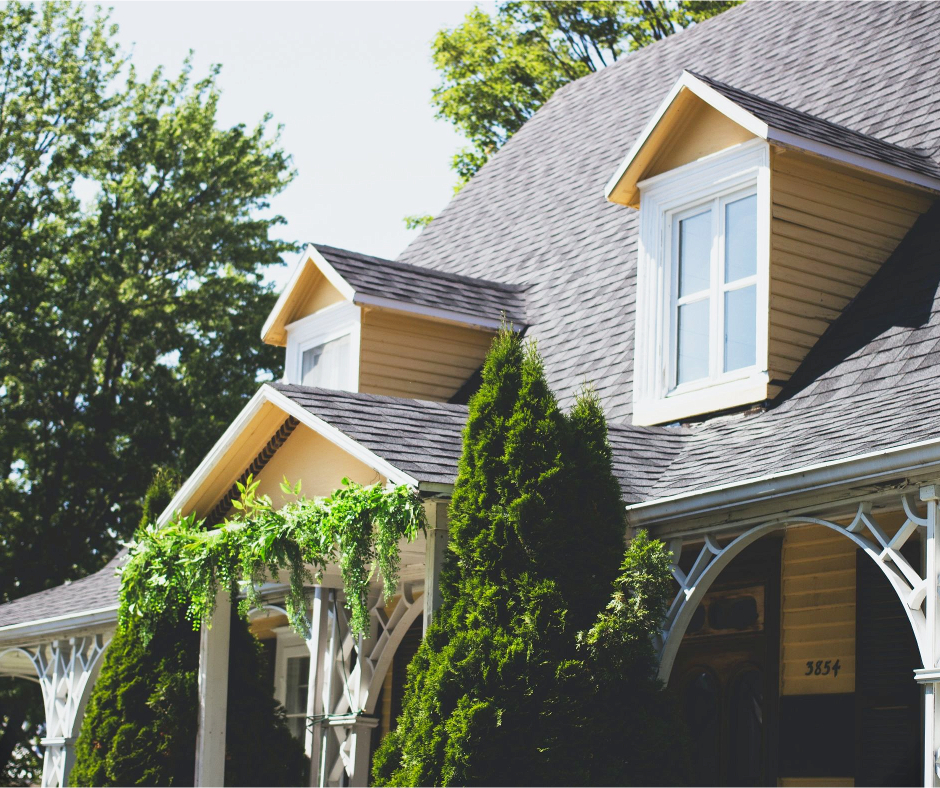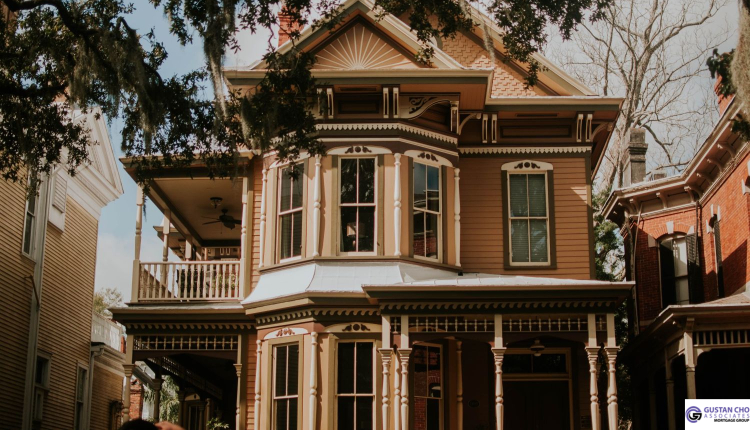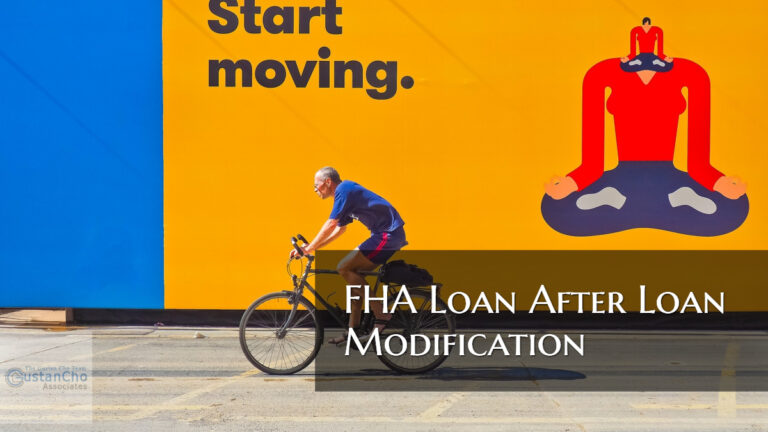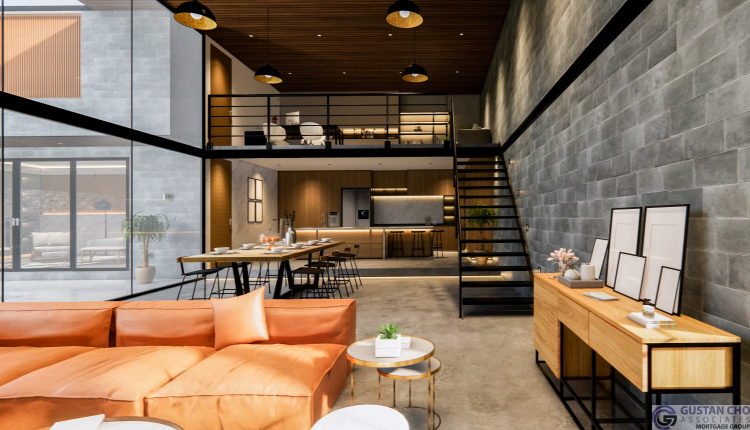Types of Mortgage Options For Homebuyers
In this blog, we will cover the types of mortgage options for homebuyers. Taking out a loan can be daunting, especially if you know nothing about mortgages. Alex Carlucci of FHA Bad Credit Lenders said the following:
For starters, you should know that not all loans are the same, with the main differences being characterized by three crucial components – loan term, interest rate, and loan type.
Each of these factors can significantly impact the borrower’s financial situation, as it could affect everything from the monthly payments to the total cost of the loan. Knowing the kind of mortgage you want will ensure you are well-prepared to approach a lender for more information and get the best deal. In this article, we will take a closer look at these three components to know what they mean, how they work, and what borrowers should consider before choosing the right loan for them. So, let’s do this;
Types of Mortgage Options: 15-Year Versus 30-Year Fixed-Rate Mortgages
When we talk of the loan term, we refer to the period you are given to repay the mortgage in full. The loan term choice is crucial as it affects your monthly principal and interest payment, interest rate, and the interest you will have to pay over the life of the loan. The most common types of mortgage options are 30-year fixed-rate mortgages. Some homeowners prefer to go with a 15-year fixed rate mortgage because of the shorter term and lower interest rate:
Looking at the loan term generally, there are short-term and long-term loans, and each offers its unique benefits and drawbacks. For instance, the longer the loan term, the more interest you will need to pay. As for the loans with a short loan term, they usually attract lower interest costs but higher monthly payments than longer-term loans. Having said, if you are trying to choose between short-term and long-term loans, you should keep a few things in mind. For starters, short terms loans will generally save you money in the long run simply because you will be paying the interest rates for the mortgage over a short period.
As we have mentioned, the interest rates are usually lower. So you can see why the short-term loan would be affordable compared to long-term loans. However, it is also crucial to note that the interest rates vary with lenders, so it is important to explore different loan terms so that you can tell you will be getting a good deal. Compare the loan offers before making your decision.
Types of Mortgage Options: ARM Versus Fixed-Rate Mortgages
Two main types of mortgage options are fixed-rate mortgages and adjustable-rate mortgages or ARMs. Fixed-rate mortgages have the same rate throughout the term of the loan.
Fixed-rate mortgages have the same rate throughout the loan term, regardless of any changes in the market conditions or other external factors. This means that the borrower’s monthly payment will remain unchanged throughout the loan term unless there is a change in your property taxes, homeowner’s, or mortgage insurance, which change your total monthly payment.
Fixed interest rates are popular among borrowers who prefer predictability and stability in their monthly payments and those who want to avoid any surprises in the future.
Adjustable-Rate Mortgages
Adjustable-rate mortgages offer less predictability. The rates on ARMs are fixed for a certain fixed period. After the initial fixed-rate period, the rate can change over time based on the market or other external conditions. So, the borrower’s monthly payment can change throughout the loan term due to the interest changes.
The interest rate may be tied to a specific index, such as the prime rate, and will adjust up or down based on changes in that index. Adjustable rate mortgages have lower rates in the short term. Many borrowers willing to take on some risk in exchange for the possibility of saving some money highly prefer them. However, with these mortgages, there is always a real possibility of the interest rate going up, which could then make the loan a lot more expensive.
Adjustable-rate mortgages are mostly divided into two periods; the interest rate remains fixed in the initial period. The rate won’t change throughout the initial fixed-rate period. The second period is after the initial period after the rate adjusts. The interest rate can increase or decrease based on the index.
Comparing ARM or Fixed-Rate Mortgage
You need to consider many factors when considering an adjustable-rate or fixed-rate mortgage. Certain questions to ask yourself are whether you plan to move in the next five to seven years or plan on refinancing within the next few years. Your loan officer will advise you on which loan program will serve a net tangible benefit for you.
You should be asking questions about when and how the payment will adjust, especially since some loans adjust more frequently. It is also crucial that you understand exactly how these mortgage works by carefully going through the specific rules that dictate how the interest rate is calculated or how much the rate and payment can adjust.
One crucial detail you will find out is that anyone with a lower credit score may get an adjustable-rate mortgage with slightly risky features such as higher rates, a mortgage frequently fluctuating, payment penalties, or loans with balances that can increase.
Types of Mortgage Options: Government and Conforming Loans
Several types of loans are categorized based on the loan size or whether or not the government backs it. The major types of mortgages include the following;
Conventional Loans
The government doesn’t back these loans or is part of a specific government program. They were a little bit less expensive. However, they are not easy to get. They are two categories of conventional loans – which are conforming and non-conforming loans.
Conforming loans – these loans have a maximum loan amount set by the government. The other rules for these loans are set by Fannie Mae or Freddie Mac, which are the companies that provide backing for conforming loans.
Under these loans, we get the conventional conforming loan with a maximum of $726,200 in many states but can also go to as high as $1,089,300 in high-cost states. Then there is the conforming Jumbo with a minimum of $726,200 to a maximum set by the state.
Non-Conforming Loans
Non-conforming loans are less standardized, and when it comes to eligibility, pricing, and features, they all vary based on the lender. This is why shopping around for the best deal is very important. Under these loans, you will get the Jumbo, which may have a maximum of up to $1-2 million, with rules that vary with the lender. Other loans under non-conforming loans are meant for borrowers with poor credit. These loans offer lower loan amounts and are very flexible, but on the flip side, they have high-interest rates and come with riskier features.
FHA Loans
FHA, or Federal Housing Administration loans, are loans offered by private lenders and are usually regulated and insured by the government through the FHA.
FHA loans allow for a down payment that can be as low as 3.5 percent with a credit score of at least 580. Homebuyers with credit scores under 580 and down to 500 FICO can qualify for an FHA loan with a 10% down payment.
FHA loans are the best types of mortgage options for borrowers with less-than-perfect credit and high debt-to-income ratio. Homebuyers with outstanding collections, charge-off accounts, and late payments can qualify for an FHA loan.
Other Special Types of Mortgage Options
These loans are more affordable compared to both conventional and FHA loans. The loans include;
VA loans – VA loan is a loan program offered by the Department of Veterans Affairs (VA) and is only available for veterans, current service members, and surviving spouses. These loans are offered by private lenders but are backed by the VA. The loan offers low-cost, streamlined refinance options and includes additional protections when the borrower has trouble making payments. Mortgage premiums are not required and are available even to borrowers with zero down payments.
USDA loans – USDA loan is a loan program offered to low and moderate-income borrowers in rural areas and guaranteed by the Department of Agriculture. These loans are a great option for borrowers with little savings, as they don’t require a down payment and are cheaper than FHA and conventional loans. However, unlike VA loans, borrowers must pay an upfront fee and ongoing mortgage insurance premiums to the USDA. USDA loans is one of three different types of mortgage options that is guaranteed by the federal government.
State and Local Types of Mortgage Options and Programs – other programs offered by the state, local or non-profit organizations make homeownership much cheaper. Most of these programs focus on low and moderate-income families looking to buy their first homes or those who previously owned homes. In addition, many programs offer down payment assistance that can be used to apply for FHA or conventional loans.
Types of Mortgage Options For First-Time Homebuyers
As we conclude, understanding these components of mortgages is essential for making informed borrowing decisions. First-time homebuyers should consider down payment assistance and grants. Every down payment assistance and the grant is different.
FHA Bad Credit Lenders has an FHA down payment assistance mortgage program that is forgivable after six months. By forgivealbe it means the 3.5% down payment does not need to be paid back after six months if the borrower pays the mortgage loan off by refinancing or selling the home.
Regardless of the loan’s purpose, choosing the right loan with the right terms will save you a lot of money, especially when it comes to the interest to be paid all over the loan term. So, considering your financial situation, goals, and risk tolerance, select the loan that best fits your needs, thus helping you achieve your long-term financial objectives. Homebuyers interested in qualifying for a mortgage and want to know the types of mortgage options available, don’t hesitate to get in touch with us at FHA Bad Credit Lenders at 262-627-1965. Text us for a faster response. Or email us at gcho@gustancho.com. The team at FHA Bad Credit Lenders are experts in both traditional and non-prime types of mortgage options for homebuyers. We are available seven days a week, evenings, weekends, and holidays.







